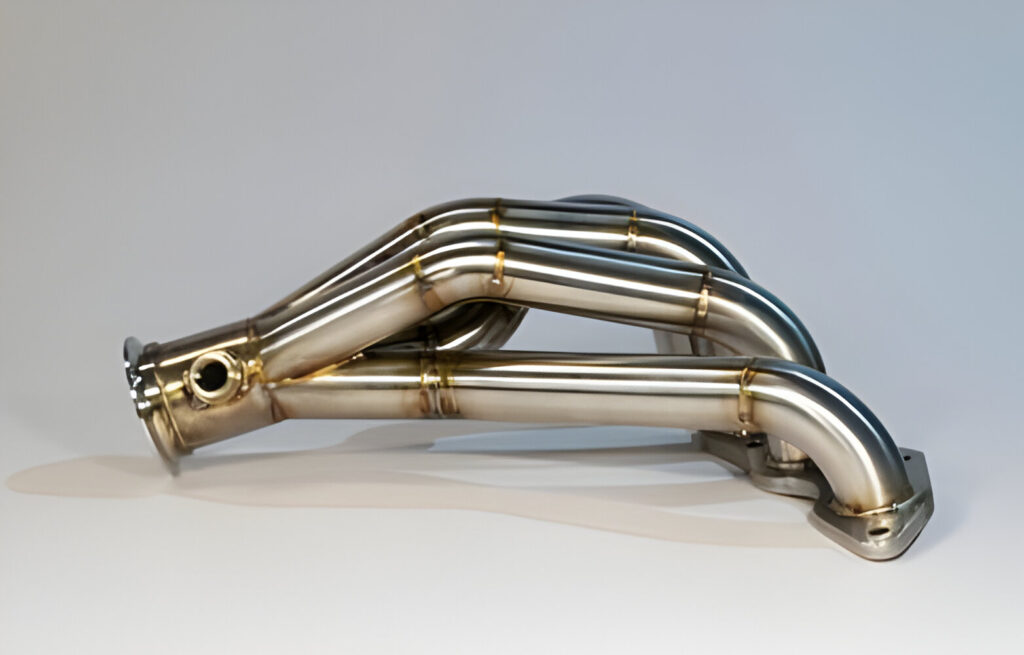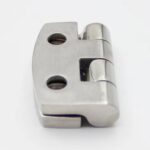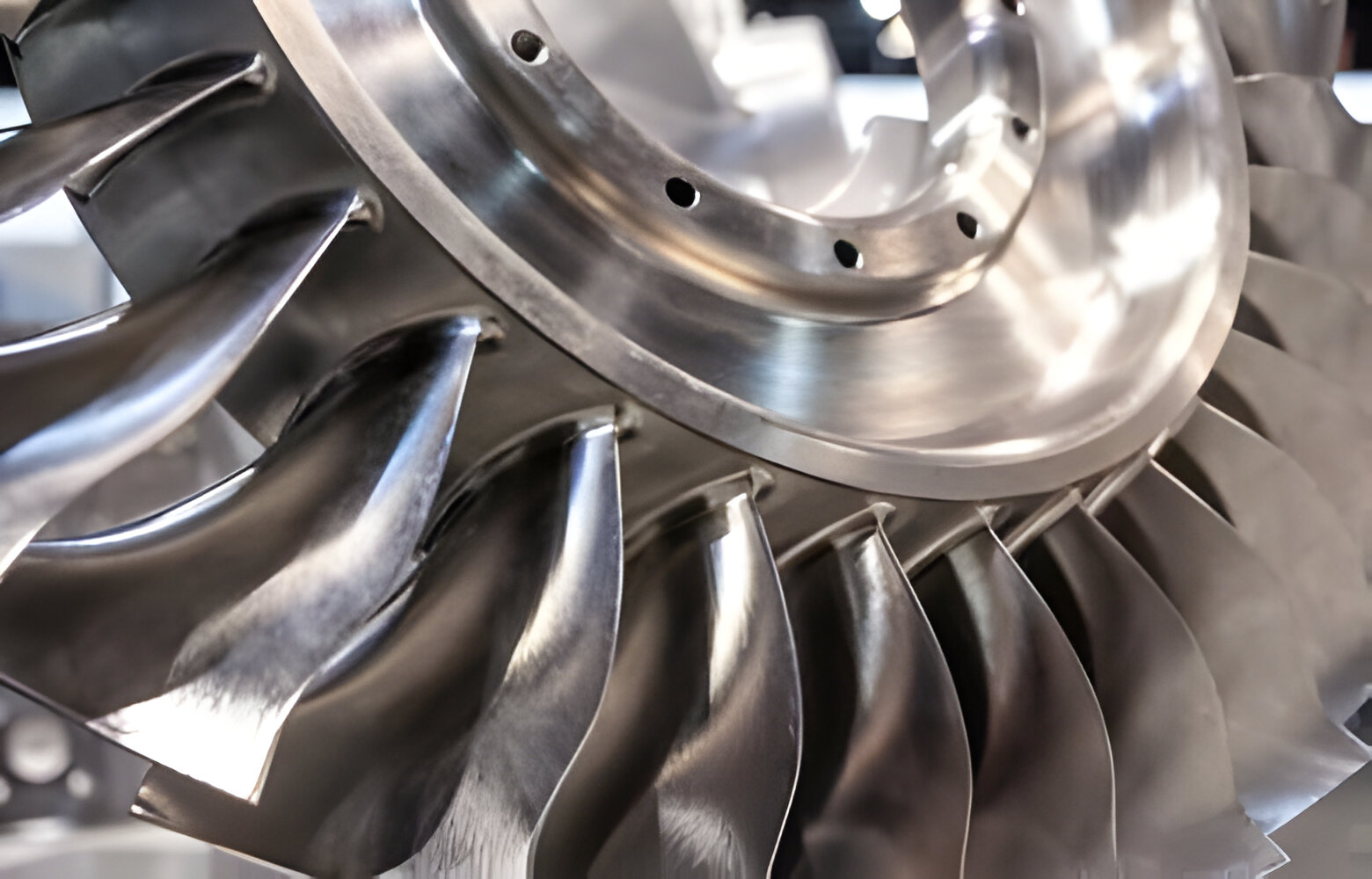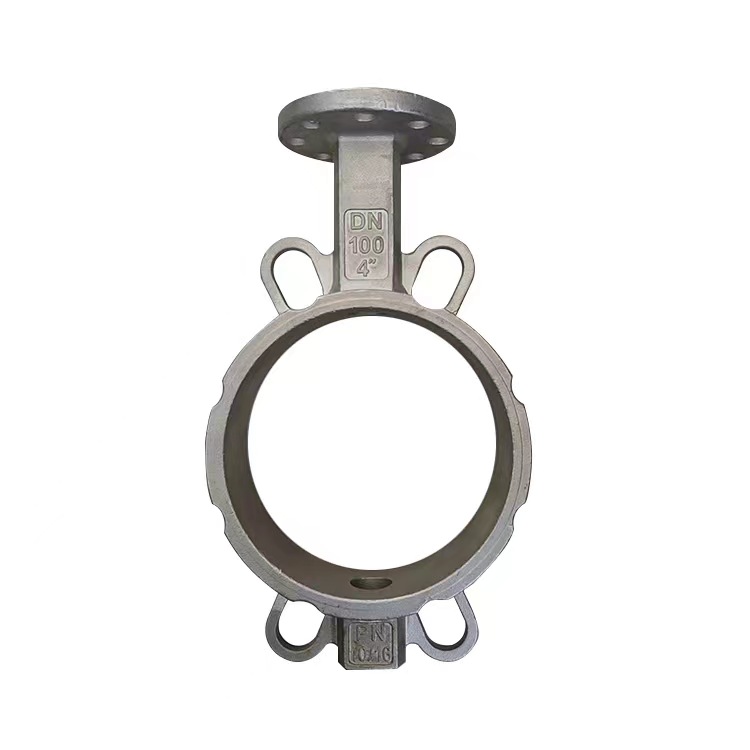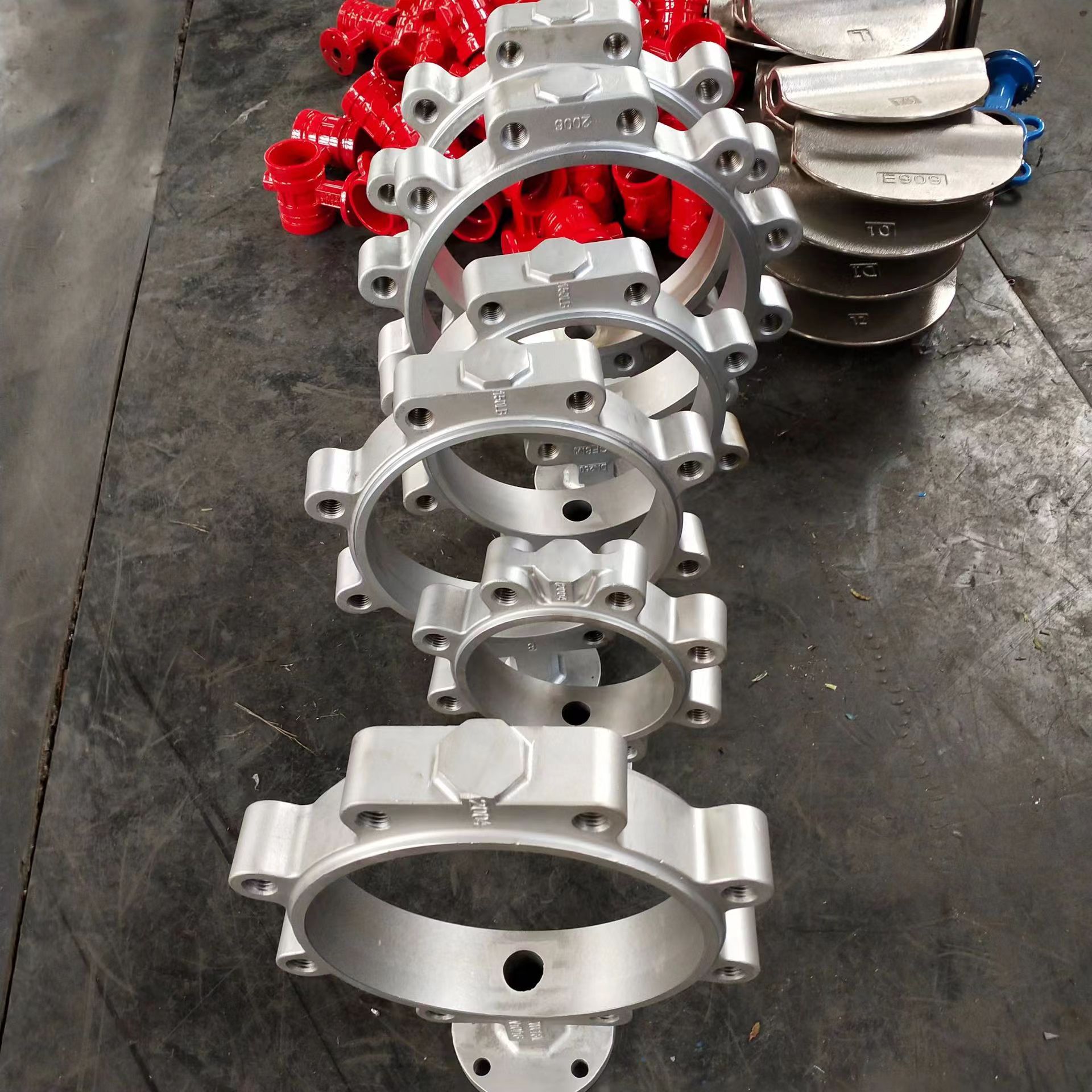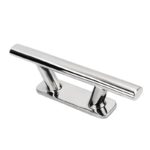Rust is a relentless enemy of exhaust manifolds, particularly those made from cast iron. As a crucial component in vehicle exhaust systems, manifolds must withstand extreme temperatures and corrosive exhaust gases. Over time, traditional cast iron manifolds can succumb to rust, leading to decreased efficiency and potential failure. However, advancements in materials technology, specifically stainless steel, offer robust solutions to these challenges.
Understanding the Issue with Cast Iron Exhaust Manifolds Cast iron, while durable and cost-effective, is inherently susceptible to rust when exposed to moisture and oxygen. This is particularly problematic in harsh operating environments. Rust not only deteriorates the material but can also lead to blockages in the exhaust flow, significantly impairing engine performance.
The Stainless Steel Advantage Transitioning to stainless steel exhaust manifolds can mitigate these issues. Stainless steel's high chromium content forms a passive oxide layer that shields the underlying metal from oxidative elements. This makes stainless steel exhaust manifolds particularly valuable for their resistance to rust and corrosion. Manufacturers are increasingly adopting stainless steel, not just for its durability but also for its ability to maintain a cleaner, more efficient engine output.
Product Spotlight: Stainless Steel Turbo Manifolds One standout product in this arena is the stainless steel turbo manifold. Designed for high-performance applications, these manifolds are tailored to handle increased pressures and temperatures without succumbing to the corrosive effects that typically plague cast iron components. The use of advanced sand casting techniques in their production allows for intricate designs that optimize airflow, enhancing overall engine efficiency.
Applications and Scenarios Stainless steel exhaust manifolds are particularly suited for vehicles operating in coastal areas or cold climates, where salt and moisture are prevalent. They are also ideal for high-performance or turbocharged engines, where reliability and efficiency are paramount. Additionally, the aesthetic appeal of stainless steel makes it a preferred choice for car enthusiasts looking to upgrade their vehicle’s performance and appearance.
FAQs Q: Are stainless steel exhaust manifolds more expensive than cast iron? A: Initially, they can be more costly; however, their longevity and lower maintenance needs provide better value over time.
Q: Can stainless steel manifolds improve engine performance? A: Yes, by ensuring a smoother exhaust flow and reducing the risk of blockages, they can contribute to more efficient engine operation.
Q: Are stainless steel manifolds difficult to install? A: They are compatible with most existing setups, making installation straightforward for professionals.
For those looking to upgrade or replace their exhaust manifolds, KT Foundry offers a range of high-quality stainless steel exhaust manifold solutions, including custom options tailored to specific needs. We encourage potential customers to visit our website at kt-foundry to explore our products and get in touch with our experts for guidance on selecting the best manifold for your application.

